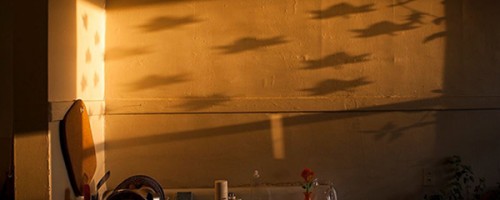Our collective waste
If someone told me a visit to the Western Treatment Plant, where half of Melbourne’s sewage is treated, would lead me to contemplate the Anthropocene and my place as a human on this planet, I wouldn’t have believed them. But there I was, in an area of the facility that contains the most concentrated result of treated human excrement. Surrounded by rolling hills of biosolids too contaminated by metals to be safely used, I thought about the human impact on the environment, of my own impact, and of how each of us successfully ignores the refuse left behind by our own body.













